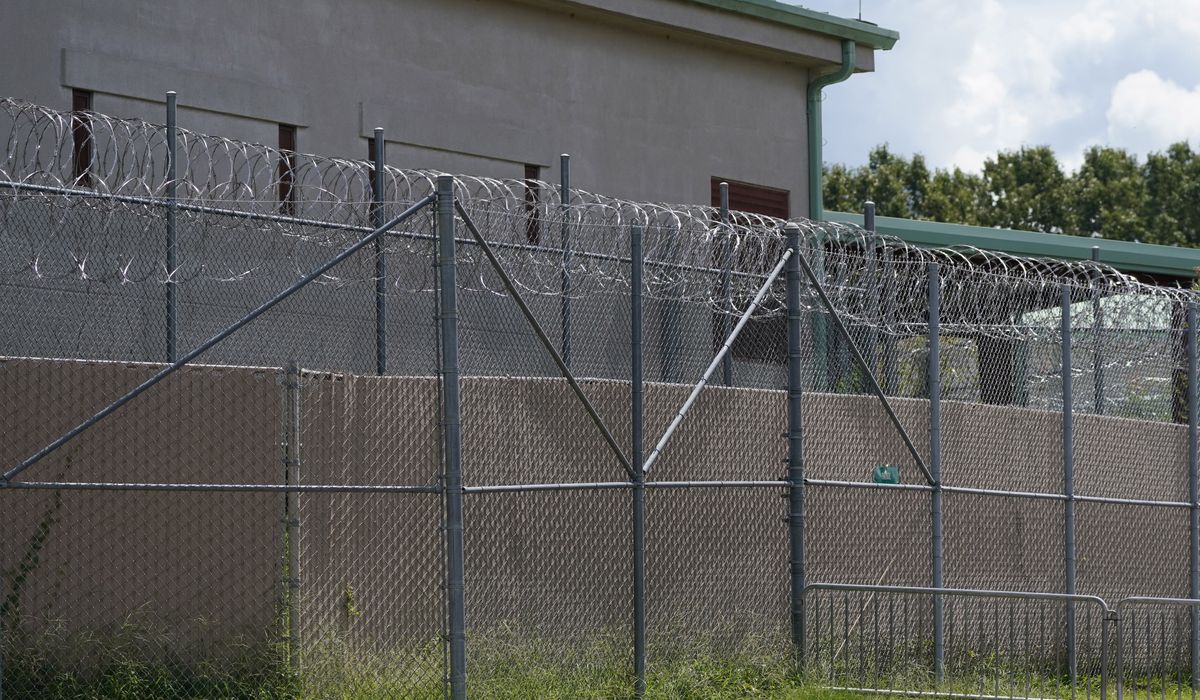


The Supreme Court on Monday refused to take up a challenge out of Mississippi over the state stripping felons of voting rights.
Six Mississippi residents who completed their sentences had petitioned to restore their right to vote in a class-action dispute.
The 5th U.S. Circuit Court of Appeals rejected their claim, reasoning that barring them from the right to vote did not run afoul of the Eighth Amendment’s prohibition on cruel and unusual punishment.
Mississippi is one of 11 states that does not restore voting rights once a felon has completed their sentence. Twenty-six states have moved to expand voting rights since 1974.
“Mississippi’s felony disenfranchisement scheme is among the most extreme and unforgiving in the nation,” the individuals said in their petition.
It would have taken four justices to vote in favor of hearing the dispute for oral arguments to have been granted.
Mississippi officials had urged the court not to take up the case, noting the Constitution allows states to strip individuals of the right to vote for participating in a rebellion or another crime.
“Mississippi’s indefinite disenfranchisement of certain felons does not violate the U.S. Constitution’s prohibition of cruel and unusual punishments,” wrote Mississippi Attorney General Lynn Fitch.
Nearly 50,000 people in Mississippi were unable to vote under the state’s felony voting ban from 1994 to 2017. About 58% of that group are Black.
In the state, a felon must receive a pardon from the governor or win permission to vote by a two-thirds vote from state legislators to restore their right. Only 18 felons between 2013 and 2018 have had that happen.
The case was Dennis Hopkins v. Michael Watson, Mississippi secretary of state.
• Alex Swoyer can be reached at aswoyer@washingtontimes.com.
